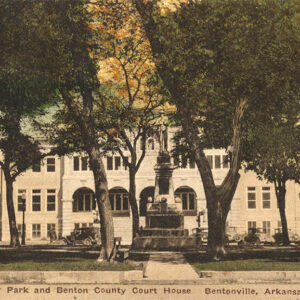 Benton County Courthouse
Benton County Courthouse
County: Benton
 Benton County Courthouse
Benton County Courthouse
Benton County Historical Society
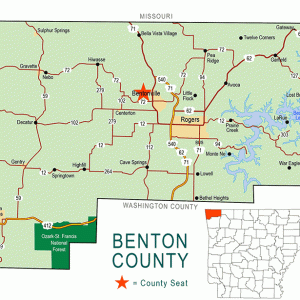 Benton County Map
Benton County Map
Benton County Poor Farm Cemetery
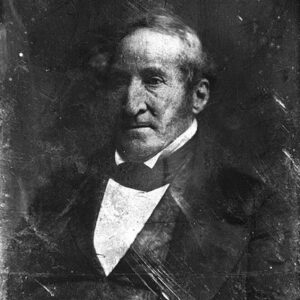 Thomas Hart Benton
Thomas Hart Benton
Bentonville (Benton County)
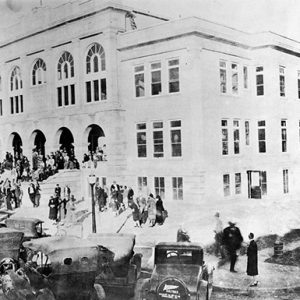 Benton County Courthouse Dedication
Benton County Courthouse Dedication
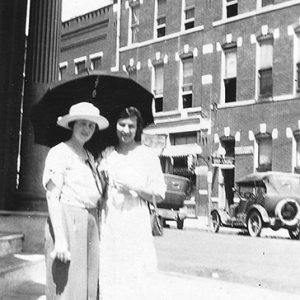 Bentonville Main Street, 1921
Bentonville Main Street, 1921
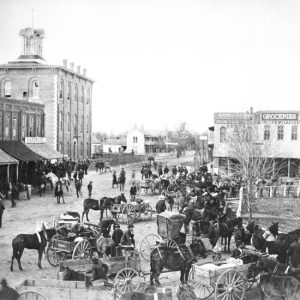 Bentonville City Square
Bentonville City Square
Bentonville College
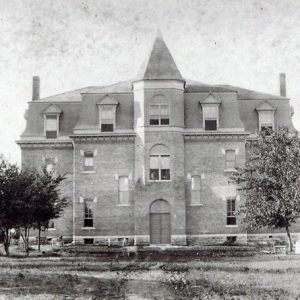 Bentonville College
Bentonville College
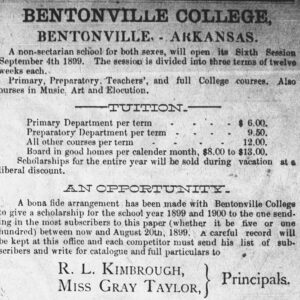 Bentonville College Ad
Bentonville College Ad
Bentonville Confederate Monument
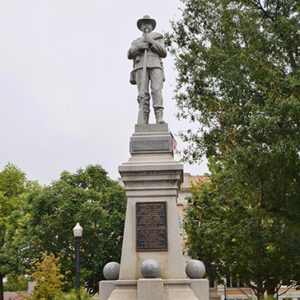 Bentonville Confederate Monument
Bentonville Confederate Monument
Bentonville Film Festival
Bentonville Schools, Desegregation of
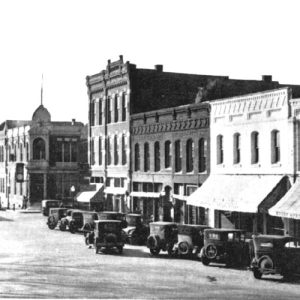 Bentonville Street Scene
Bentonville Street Scene
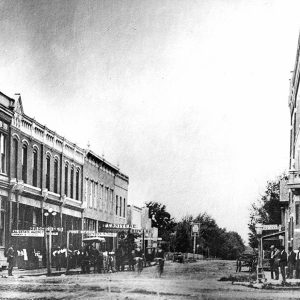 Bentonville Street Scene
Bentonville Street Scene
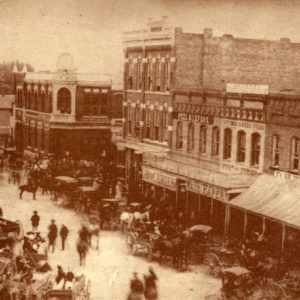 Bentonville Street Scene
Bentonville Street Scene
Bentonville, Action at
Bentonville, Skirmish at
Bethel Heights (Benton County)
Blackburn, Sylvanus
Blagg, Thomas Elwood
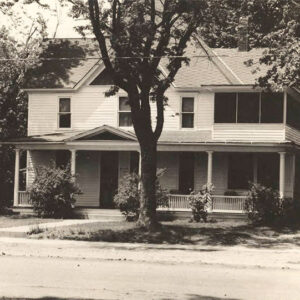 Blake House
Blake House
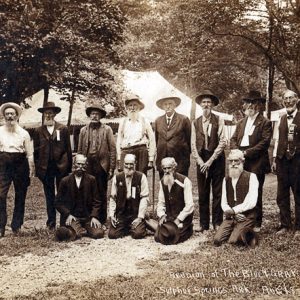 Blue and Gray Reunion
Blue and Gray Reunion
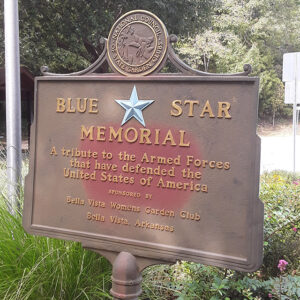 Blue Star Plaque
Blue Star Plaque
Bond, Gary Pitt “Blackie”
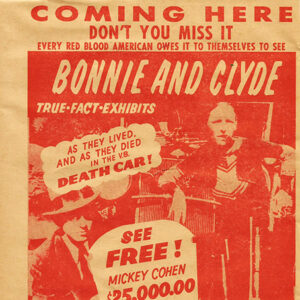 Bonnie and Clyde "Death Car" Handbill
Bonnie and Clyde "Death Car" Handbill
Borhauer, Shirley Ursala Czosek
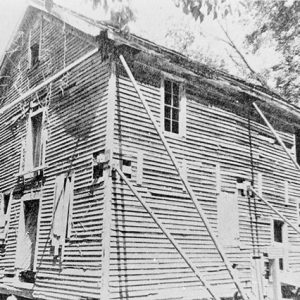 Boxley Mill
Boxley Mill
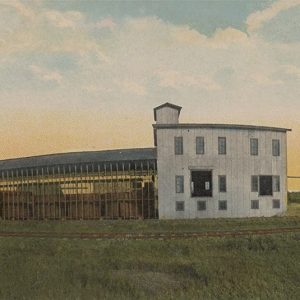 Brandy Distillery
Brandy Distillery
Brown, John Elward
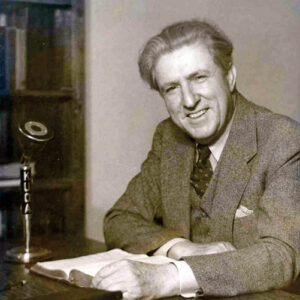 John Elward Brown
John Elward Brown
 Burns Hall
Burns Hall
Bynum, Preston Conrad
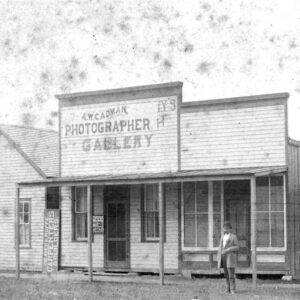 Cadman Photographer
Cadman Photographer
Camp Joyzelle
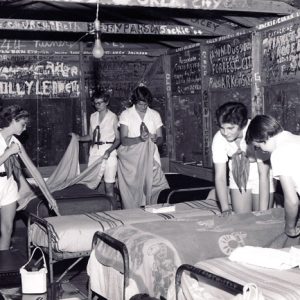 Camp Joyzelle Cabin Interior
Camp Joyzelle Cabin Interior
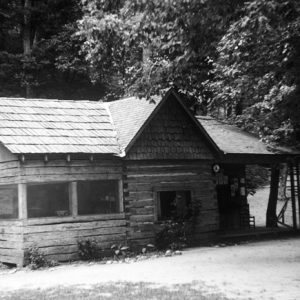 Camp Joyzelle Office
Camp Joyzelle Office
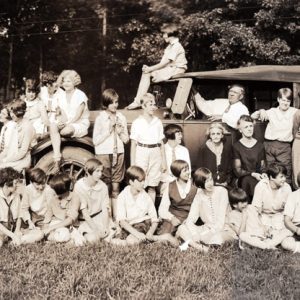 Camp Joyzelle
Camp Joyzelle
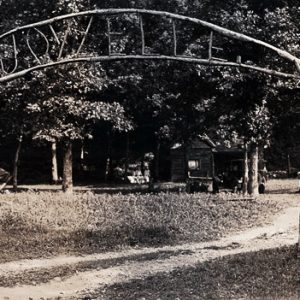 Camp Joyzelle Sign
Camp Joyzelle Sign
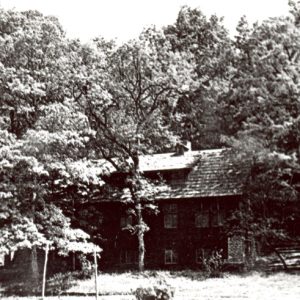 Camp Joyzelle Lodge
Camp Joyzelle Lodge
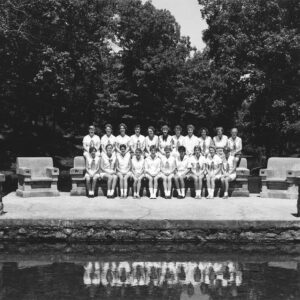 Camp Joyzelle Counselors and Campers
Camp Joyzelle Counselors and Campers
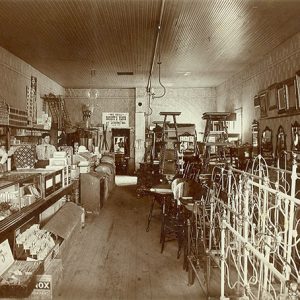 Carpenter Brothers Store
Carpenter Brothers Store
Carr, Eugene Asa
Cassville, Missouri, to Cross Hollow, Scout from
Cave Springs (Benton County)
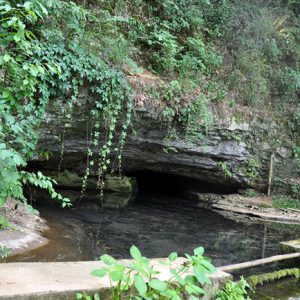 Cave Springs Cave Natural Area
Cave Springs Cave Natural Area
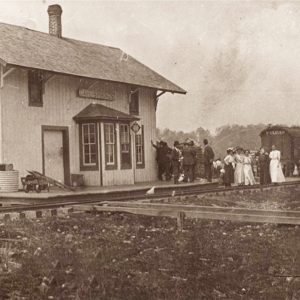 Cave Springs Depot
Cave Springs Depot




